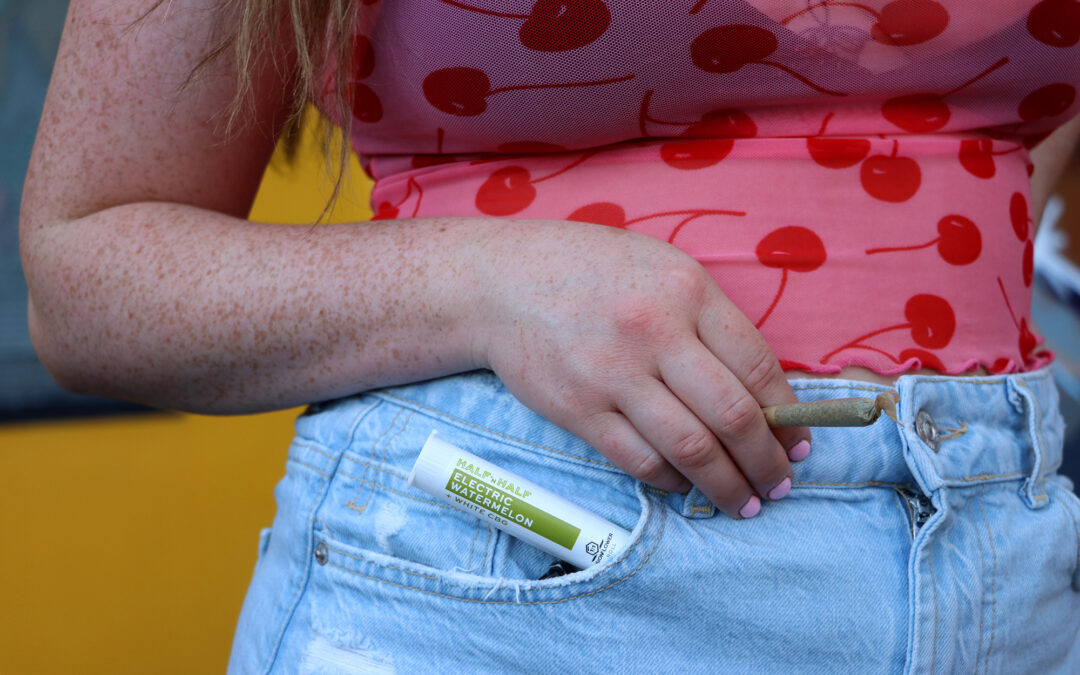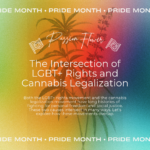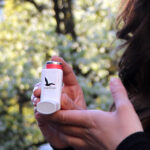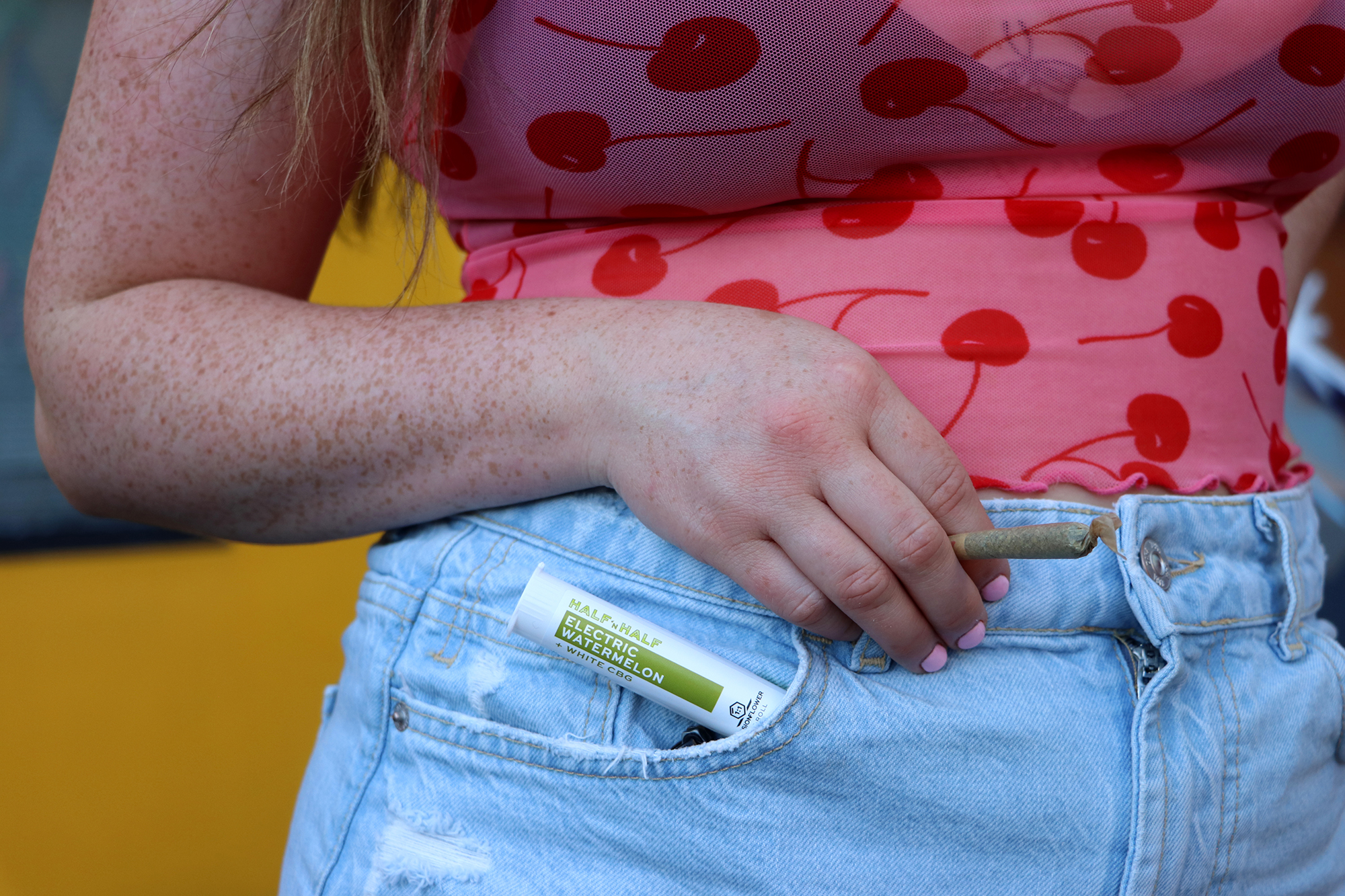
Woman pulls a joint out of the pocket of her denim shorts.
The War on Drugs has turned 50 years-old as the DEA announced their 50th anniversary on July 1st of this year.
“The Drug Enforcement Administration celebrated its 50th anniversary on July 1, 2023,” the announcement reads. “Over the past 50 years, the DEA has worked to keep American communities safe and healthy by preventing criminal drug networks and drug-related violence and deaths.”
However, experts argue that the DEA’s strategies have been ineffective in curbing drug abuse over the past five decades. Let’s delve into the history, controversies, and impact of the war while addressing the role of the DEA in combating drug-related issues.
The Creation of the DEA
Nixon’s creation of the DEA in 1973 aimed to combat the rising problem of drug abuse. This move came just four years after Gallup’s initial survey on marijuana use, in which only 4% of respondents admitted trying it in 1969.
Fast forward to today, and nearly half of Americans have experimented with marijuana, including 45% of American teens and 47% of high school students. Additionally, a 2022 study supported by the National Institutes of Health reported a surge in hallucinogen use, as well.
Challenges and Focus Areas
Are law enforcement officers at least focusing on hard drugs? The short answer is no. According to FBI data, police officers in the United States continue to prioritize cannabis offenses over any other drug.
In 2018 alone, 40% of the 1.65 million total drug arrests were related to marijuana, as revealed by Pew research. Such statistics raise ethical questions surrounding the war and its potential racial biases.
Questionable Beginnings
The War on Drugs has faced criticism with its origins rooted in prejudice and racism. Former Nixon aide John Ehrlichman openly admitted in 1994 that the campaign specifically targeted the Black community. Fabricated narratives surrounding drugs were instrumental in disrupting these communities, leading to arrests, raids, and a negative portrayal in the media.
Today, racial profiling and bias in cannabis enforcement persist, with Black individuals being 3.6 times more likely to be arrested for cannabis possession despite similar usage rates across all demographics.
The War on Drugs: Effective?
Despite the DEA’s efforts, numerous reports indicate that drug use remains prevalent. Gallup’s research has shown that the war has not effectively deterred drug abuse.
Illegal drug use among youth persists, with drugs becoming increasingly dangerous as they’re laced with various chemicals and substitutions. A 1999 study by the Centers for Disease Control and Prevention revealed that 47% of high school students had tried marijuana at least once. It was reported that 10% had experimented with cocaine.
Even now in 2023, those numbers have maintained similar rates. In certain areas with looser drug laws, those numbers have steadily increased over the years. (I would like to stress that “loose drug laws” does not reference the legalization of marijuana, but rather the decriminalization or lack of enforcement of ALL drugs)
A Losing Battle
The US is currently putting nearly a trillion dollars into the War on Drugs, when in fact we could just legalize more mild substances such as cannabis. This would make it safer to consume, invest our nation’s funding into better causes, and implement taxation on drugs to benefit us all.
In a report by the Drug Enforcement Agency (DEA), one may read the first-ever admission that marijuana legalization plainly works. “In U.S. markets, Mexican marijuana has largely been supplanted by domestic-produced marijuana… The national landscape continues to evolve as states enact voter referenda and legislation regarding the possession, use, and cultivation of marijuana and its associated products,” the report continues.
This statement clearly indicates the correlation between legalization and the death of the black market.
The War on Cannabis
There are many reasons why illicit imported marijuana is failing to attract Americans. Convenience and safety are the main ones.
For middle-aged and older Americans especially, they often don’t want to interact with a drug dealer. These groups may be curious and willing to purchase a legal marijuana-infused product at a store, but they want to avoid dangerous situations.
That being said, recreational cannabis use has been legalized in 23 states and other American territories. To preface, we’re not here to tell you the battle to get dangerously-laced hard drugs off our streets is pointless. Because it’s not. We would just like to point out that nearly half the country has legalized cannabis. That is significant when we realize that other states are investing millions into the search, seizure, and punishment of a drug that’s legal across state lines
How Can We Help?
The more we vote, fight, and show up for the cause that is legalizing marijuana, the less funding has to be wasted on the war on drugs– especially the war against marijuana.
Want to celebrate the legalization in our great state of Washington? Smoke one down in honor of the 23 states that have legalized marijuana. If smoking isn’t your thing, feel free to try other modes of consumption. There are many kinds because, as we know, cannabis is not just about getting high. Its medicinal benefits heavily outweigh any counter-arguments.
And by the way, if you recall: our last article identified that alcohol is actually the real gateway drug.
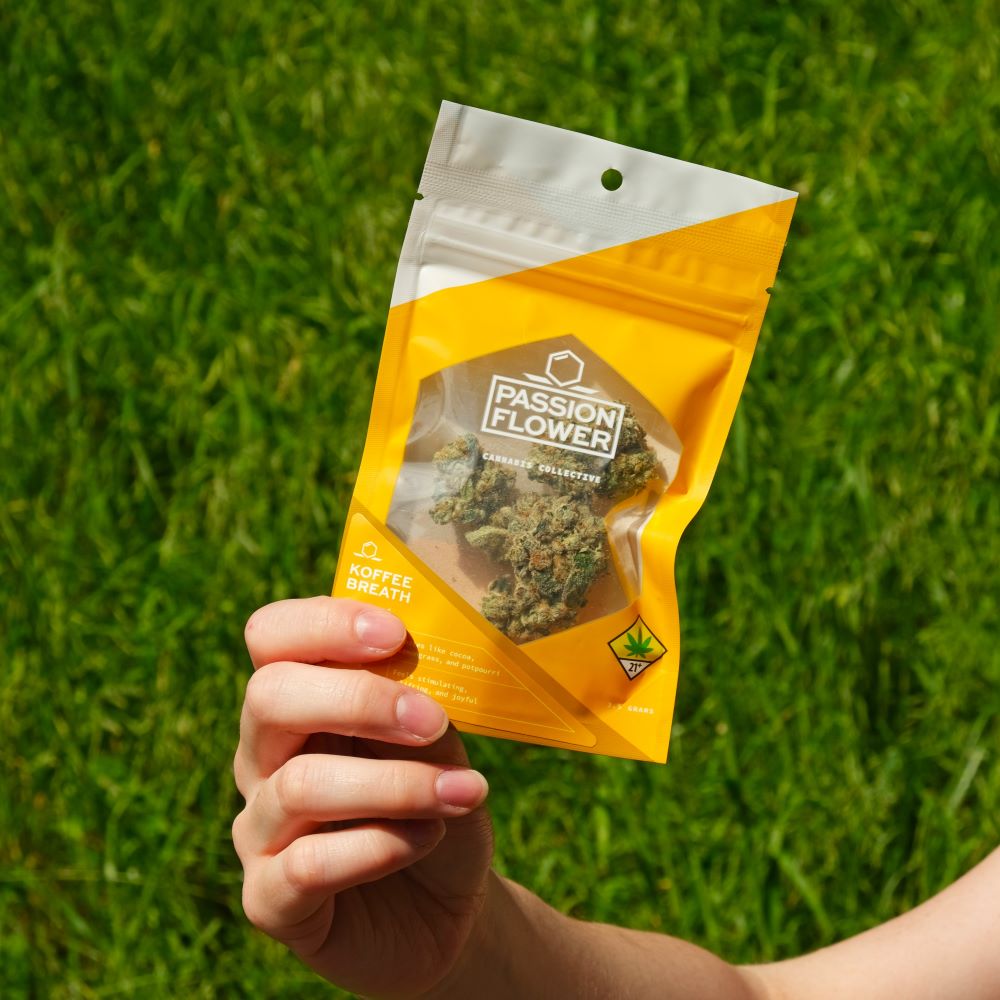
A package of Passion Flower’s finest cannabis.
Conclusion
Reflecting on 50 years of the War on Drugs and the DEA’s impact reveals a complex landscape. Critics argue that the DEA’s tactics have failed to curb drug abuse while perpetuating racial biases in enforcement.
As discussions continue, exploring alternative approaches to address substance abuse becomes imperative. To learn more about the war’s history, continue your research. To change the outcome of what seems to be a never-ending and rather pointless battle towards cannabis, show up and VOTE. Speak up to push the federal legalization of marijuana whenever you can. The benefits of legalizing it go so much deeper than we even understand.
FAQ’s
- What is the DEA’s 50th-anniversary announcement about? The DEA’s 50th-anniversary announcement celebrates their efforts in keeping American communities safe by combating criminal drug networks and drug-related violence and deaths.
- Has the DEA been successful in curbing drug abuse over the past 50 years? Experts argue that the DEA’s strategies have not been successful in curbing drug abuse over the past 50 years. Research indicates that drug use, particularly cannabis and hallucinogen use, has increased.
- How did the War on Drugs originate? The War on Drugs originated when former President Richard Nixon proposed an all-out global war on the “drug menace” in 1973. The DEA was created later that year to combat drug abuse.
- Were the origins of the War on Drugs influenced by prejudice? Yes, the origins of the War on Drugs were influenced by prejudice. Nixon’s domestic policy chief, John Ehrlichman, admitted in 1994 that the campaign was specifically designed to target the Black community, using false narratives about drugs.
- Is there evidence of racial biases in drug enforcement today? Racial biases in drug enforcement are evident today. Black individuals are disproportionately arrested for cannabis possession, despite similar usage rates, indicating racial profiling and bias.
- What are the primary focus areas of law enforcement officers regarding drug offenses? Law enforcement officers in the United States still prioritize cannabis offenses over other drugs, according to FBI data.
- Which drug attracts the most arrests according to FBI data? Law enforcement officers in the United States still prioritize cannabis offenses over other drugs, according to FBI data.
- How has drug use changed since the inception of the War on Drugs? According to FBI data, cannabis offenses attract the most arrests compared to other drugs in the United States.
- Has the War on Drugs effectively deterred drug abuse? Drug use has increased since the inception of the War on Drugs. Research shows a significant rise in marijuana use among Americans, especially among teens and high school students.
- What are the ethical concerns surrounding the War on Drugs? Reports indicate that the War on Drugs has not effectively deterred drug abuse. Despite anti-drug messages, drug use among youth persists.

